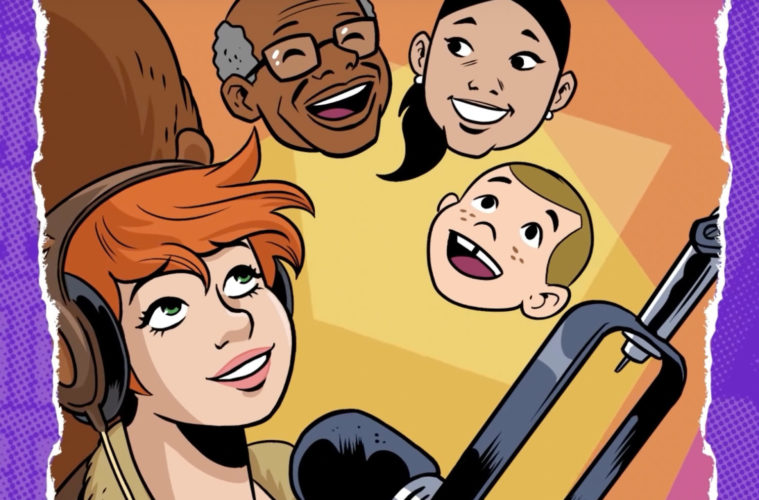The Reality of Fiction in a Podcast World: Perhaps it was inevitable. Radio is a century old and it wasn’t long into its life as a medium for public entertainment that it began to offer scripted shows – radio plays and soap operas with names like Painted Dreams and Captain Midnight. Titles that would pass into pop culture folklore would follow – the Lone Ranger, Buck Rogers, the Green Hornet.
Therefore, it stands to reason that when the popularity of podcasts began to boom, initially with the news and discussion-based format, narrative-driven shows would soon follow. And follow they have!
The growth in the popularity of scripted, narrative-driven podcasts has been swift and thrilling. Yes, radio did it first and decades ago. But this is a new world, utterly screen-obsessed. The fact that fans of fiction have been so eager to put their reliance on visuals to one side and allow a story to wash over them is impressive and reassuring.
The big guns caught on fast, too. Initially, these stories may have been independent ventures. But now, the likes of Marvel, Warner Bros and AMC have realized the potential for storytelling on budgets that, no matter how good the format gets, are going to be lower than TV and movies.
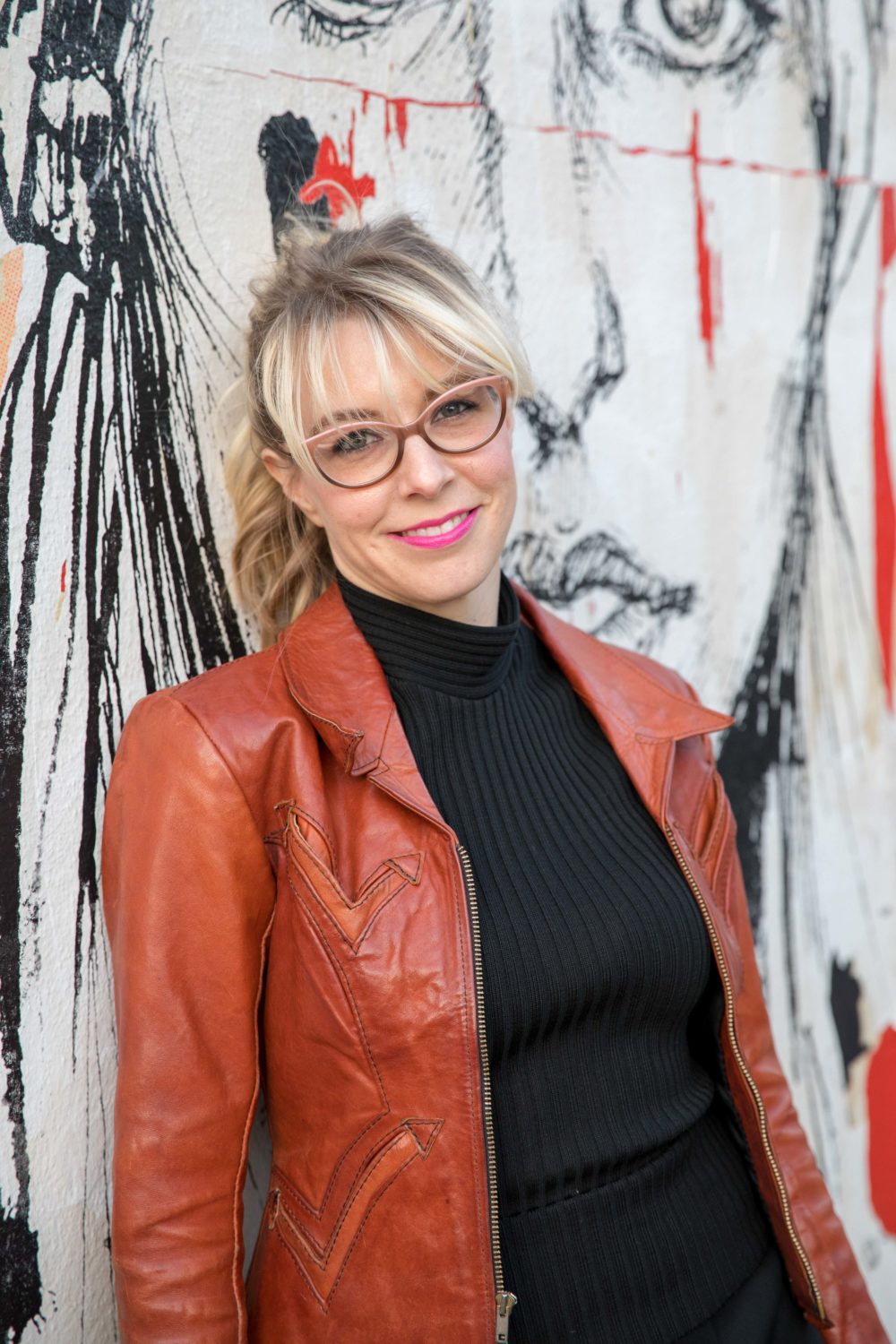
(Courtesy Jenny Turner Hall)
Jenny Turner Hall first became known for writing an independently produced podcast called Mars Patel, a children’s adventure series that won a Peabody Award. The success of that show brought her to the attention of Marvel, and now she writes and directs the Marvel’s Wastelanders: Wolverine podcast.
“When someone calls you up and says ‘Hey, would you like to do a story for Marvel involving Wolverine?’, there was no frigging way I was going to say no to that,” Turner Hall told us via Zoom. “I ended up writing and directing the series. It’s very similar to writing for scripted television. That’s the vibe and how much work goes into these scripts. It’s really meant to be a full entertainment experience. What’s cool is, it’s a new art form that people are discovering, and really liking, but it’s been around for a long time, but it’s really been reimagined for the modern age with really amazing advances that we have made in sound design. It’s fun. It really engages your imagination, and really requires a different set of listening skills, to TV shows. A lot of people like it better because of that. It engages more of your brain. But also, you can listen to a podcast while you’re cleaning out your garage.”
Turner Hall was in on the ground floor, with very few scripted podcasts available to the public at that time. Welcome to Night Vale, which took the form of community updates for a fictional desert town, was one of the first. Mars Patel came soon afterward.
“Podcasts weren’t even that big when we started Mars Patel,” Turner Hall says. “It was mostly chat – either investigative journalism podcasts, Mark Marron and the chat podcasts, and then you had Welcome to Night Vale, which was completely different and they totally took on this format and added even a component of being live sometimes. It was something fresh and different in the space, and they were having a really good time, too. That broke new ground.”
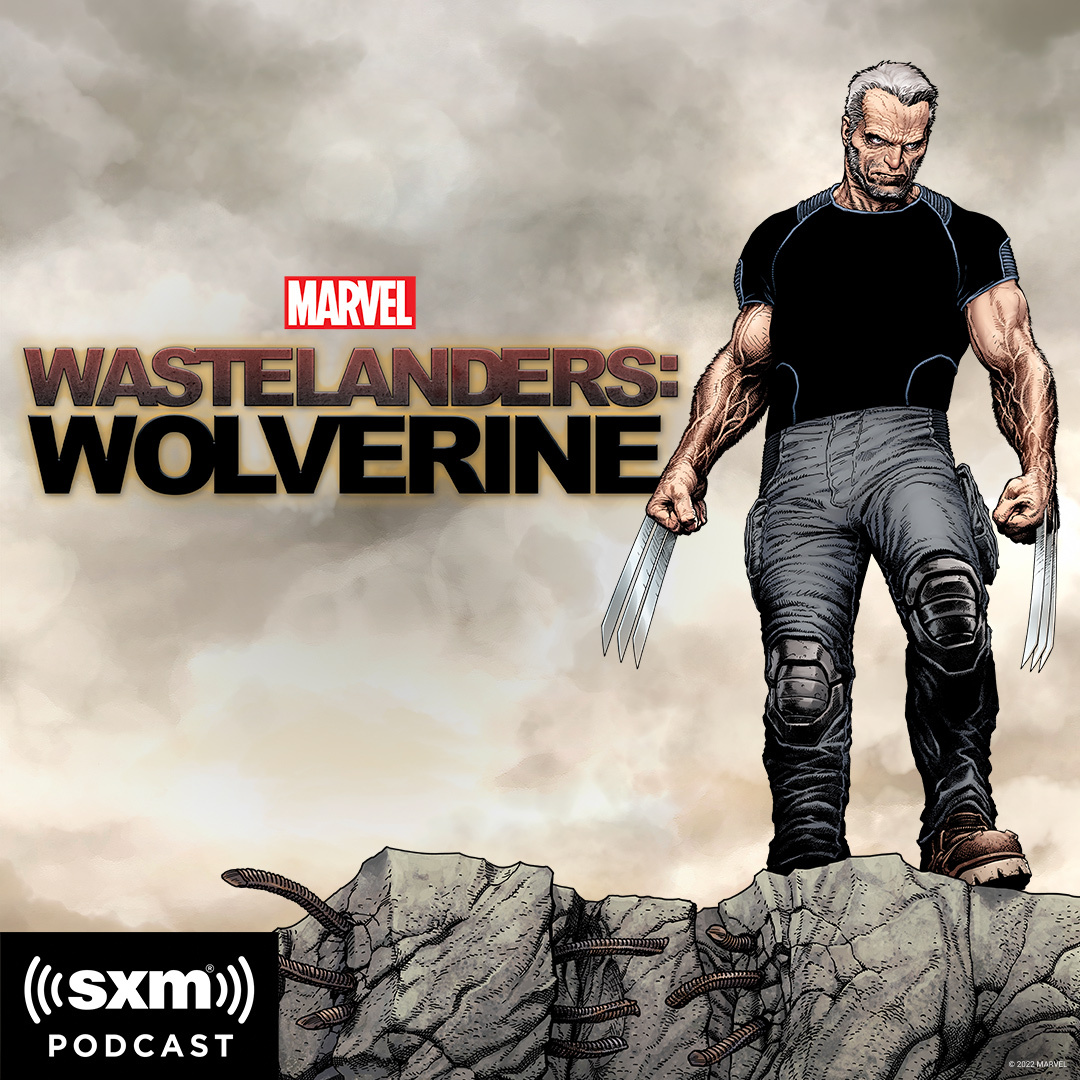
Originally brought in by Marvel as a director, Turner Hall soon found herself writing the Wolverine series, too. The rest is history.
“I got everyone’s blessing to go in my own directions with the series, which I did in conjunction with Marvel,” she says. “With audio, I feel like they give you a little more leeway and breathing room. It’s the Wastelander series and we’re 30 years in the future, so that gives you some creativity and new fertile soil.”
Ryan North started a web comic called Dinosaur Comics in 2003, and the success of that and various other ventures encouraged Marvel to come calling. Having co-created a comic book series starring comedic character Squirrel Girl, the comic giants roped him in for the podcast series.
“I had received an email from one of our producers, and they had come up with the idea of doing a Squirrel Girl scripted podcast series,” North says. “She contacted me and said, ‘Hypothetically if we were doing this, would you want to be involved?’ I said ‘Yes, but it sounds like a ton of work.’ At first I agreed just to plot it out. ‘Here’s what will happen, but dialogue will be someone else’s.’ But I plotted it out and realized that I love writing dialogue and hate plotting. I’d already done all the hard work, now I wanted to do the fun part and do the dialogue. I asked if it wasn’t too late, and they said that they were hoping I’d say that.”
North says that there are similarities between these podcasts and the old radio shows, but there are differences, too.
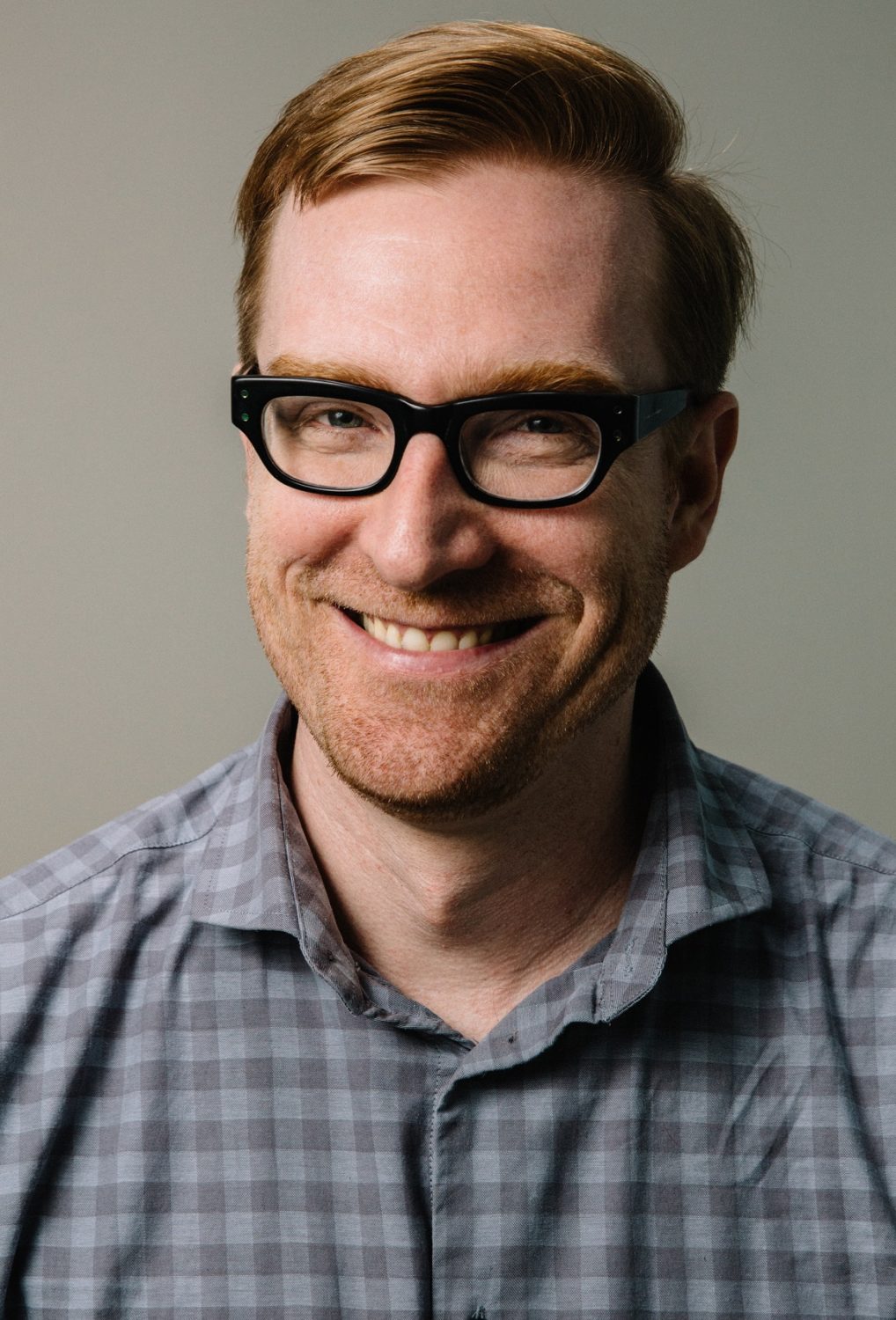
Ryan North (Marvel)
“The tastes are obviously more modern,” he says. “I listen to a lot of 1940s sci-fi shows, so there are a lot of very short stories with twist endings and science that does not really make sense. It’s just fun to hear. The cultural origins of superhero comics aren’t that far divorced from early sci-fi. The thing that we were doing in the Squirrel Girl podcast that helped make it unique was that everything you heard in the show was diegetic. It was as if you were inside the Marvel Universe – you turn on your radio and this is what you were hearing. It gave us this opportunity to have it be natural, have it have errors. It’s not like you’re listening to a radio show, but you’re listening to your friends on the radio. That distinction makes a difference.”
North has taken Squirrel Girl on a journey many Marvel fans couldn’t have foreseen, partly thanks to the popularity of narrative podcasts. When he started, he really couldn’t see them generating the sort of success that they’re seeing.
“It’s hard to get that 1,000-mile view when you’re on the ground in the middle of it,” he says. “At the beginning of this, I would have been equally unsurprised if this was the only thing doing this sort of thing. I’m glad that it is. I feel like there’s so much fun in this format. Things go away and come back. But this idea of episodic scripted narrative podcast is something that there’s so much more you can do with it. Comics is such a young medium, and podcasts feel the same way. Yes we’ve had radio for over 100 years, but there’s still stuff that can be done with podcasts that we haven’t done yet. That’s the core of what makes it so exciting for me.”
Molly Barton is the cofounder, with Julian Yap, of Realm, a popular and independent podcast streaming network.
“I was coming out of the book publishing industry,” Barton says. “I was global digital director at Penguin Random House. So I’ve been involved in audio storytelling for a long time, but in the audio book space. I was obsessed with serialized storytelling. I just felt like books feel like a big commitment because they’re one chunk. Looking at television and the rise of podcasts, I was like, it’s such a beautiful experience where the listener has the agency of like, ‘I’m just going to try an episode and if I like it, I keep going.’ That was what led me to it. Julian was thinking along similar lines, so we got together and formed the company.”
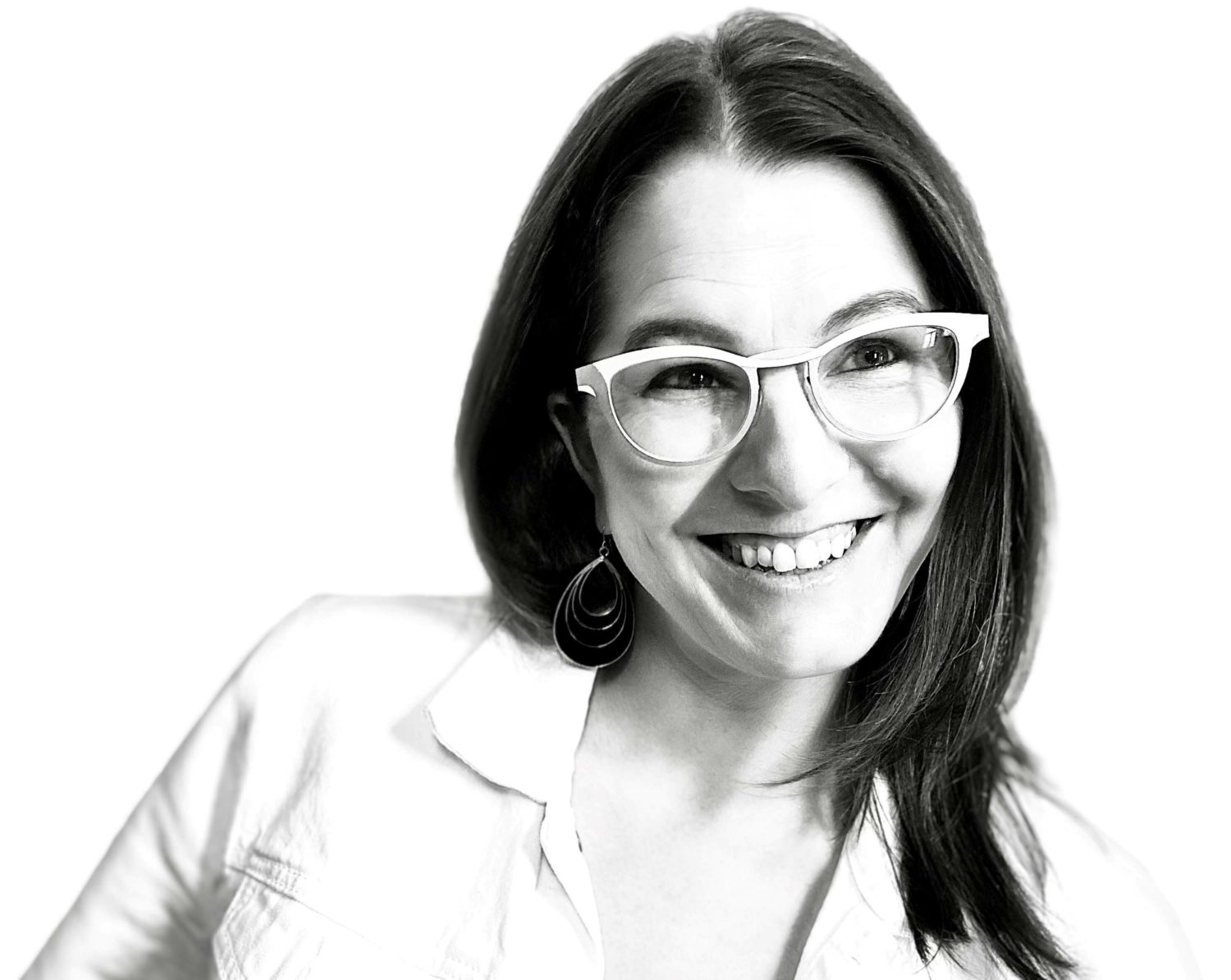
Molly Barton (Photo by Jack Turner)
Due to the screen-heavy nature of today’s society, Barton believes that Realm shows, such as sci-fi drama The Vela and the body horror of Spider King, feel more intimate than the old radio shows may have done.
“I think at that time it felt connected and social, whereas at this point, we get a lot of listener comments saying, ‘I listen to Realm stories as part of my personal time, my wind down time, when I’m done with my work and I want to switch gears, switch on the visual imagination’,” she says. “So I just think the sensibility of the experience is different given the context. But I would say that’s one of the reasons it’s exciting to be working at Realm. We’re the largest independent fiction podcast network, and there just aren’t a lot of people in the world who know how to make scripted audio. Most of the people who came into podcasting came through from radio or journalistic backgrounds. So it’s a specialized skill that is different from writing for the screen or writing a book. Sound is a character, essentially.”
Unlike North, Barton says that she did see a potential for a podcast boom way back at the beginning.
“If you compare film, television, book publishing, so many other media forms thrive on scripted content,” she says. “It’s evergreen, and the level of interest over time can grow. But as I was referring to earlier, there just haven’t been as many people in the industry who understand how to make this content. My real hunch has been, and it’s proving to be true, that this category would grow tremendously once listeners knew that it was available.”
That’s exactly what ended up happening. The show If I Go Missing, the Witches Did it earned Realm its first Webby Award. Meanwhile, shows such as Outliers (starring Rory Culkin) and the comedy The Co-Founder are seeing their audience grow and grow. The latter is particularly relevant right now.
“Whenever I describe that show to people, they’re immediately charmed and intrigued,” says Barton. “This idea that two women are trying to save their company from being taken over by a white guy is just funny in and of itself. That was the social currency of the topic, which combined with having a female comedic-driven show, was exciting.”
In addition, Realm picked up the show Orphan Black after the TV show was canceled. The fact that canceled fan favorite shows might be able to see new life in podcast form is thrilling. We ask Barton if there’s anything else coming from Realm that we should look out for, and she gives us a very L.A. answer.
“I think the other show that we’re super excited about coming down the pipe is called Echo Park,” she says. “It’s a near future thriller set in L.A., starring Harry Shum Jr., so that is coming in August.”
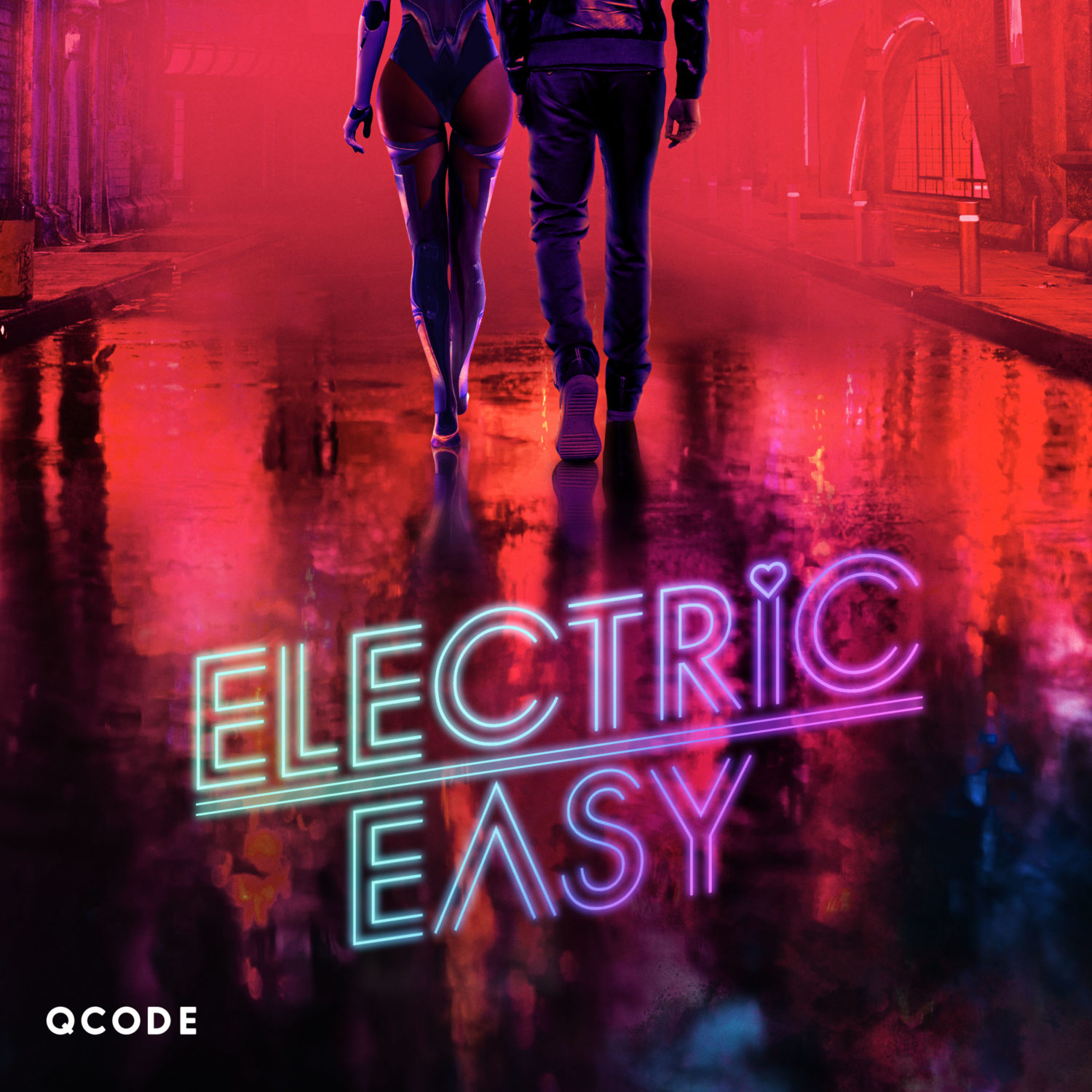
(QCODE)
Finally, Sandra Yee Ling is Vice President of production at QCODE, a company that was started three years ago when CEO Rob Herting saw an opportunity as podcasts were starting to grab hold in the scripted space. Herting saw the competitive nature of film and TV, and the lack of greenlights for talented writers and artists, and wanted to help.
“Our mission was, we can push boundaries in storytelling in that this is a risky idea, or this is something that TV might find quite nice but we see the potential,” says Yee Ling.
Unlike some of the other interviewees, Yee Ling absolutely could see the boom in scripted podcasts coming to a degree.
“I think that’s from a really specific viewpoint, which is a Hollywood viewpoint because that’s the world that I was in so I had those lenses on. But what I became open to and maybe didn’t have that foresight before is how it would boom for everybody and every facet, around the world. You talk to people in their early 20’s who are obsessed with podcasts. That, I don’t think I saw.”
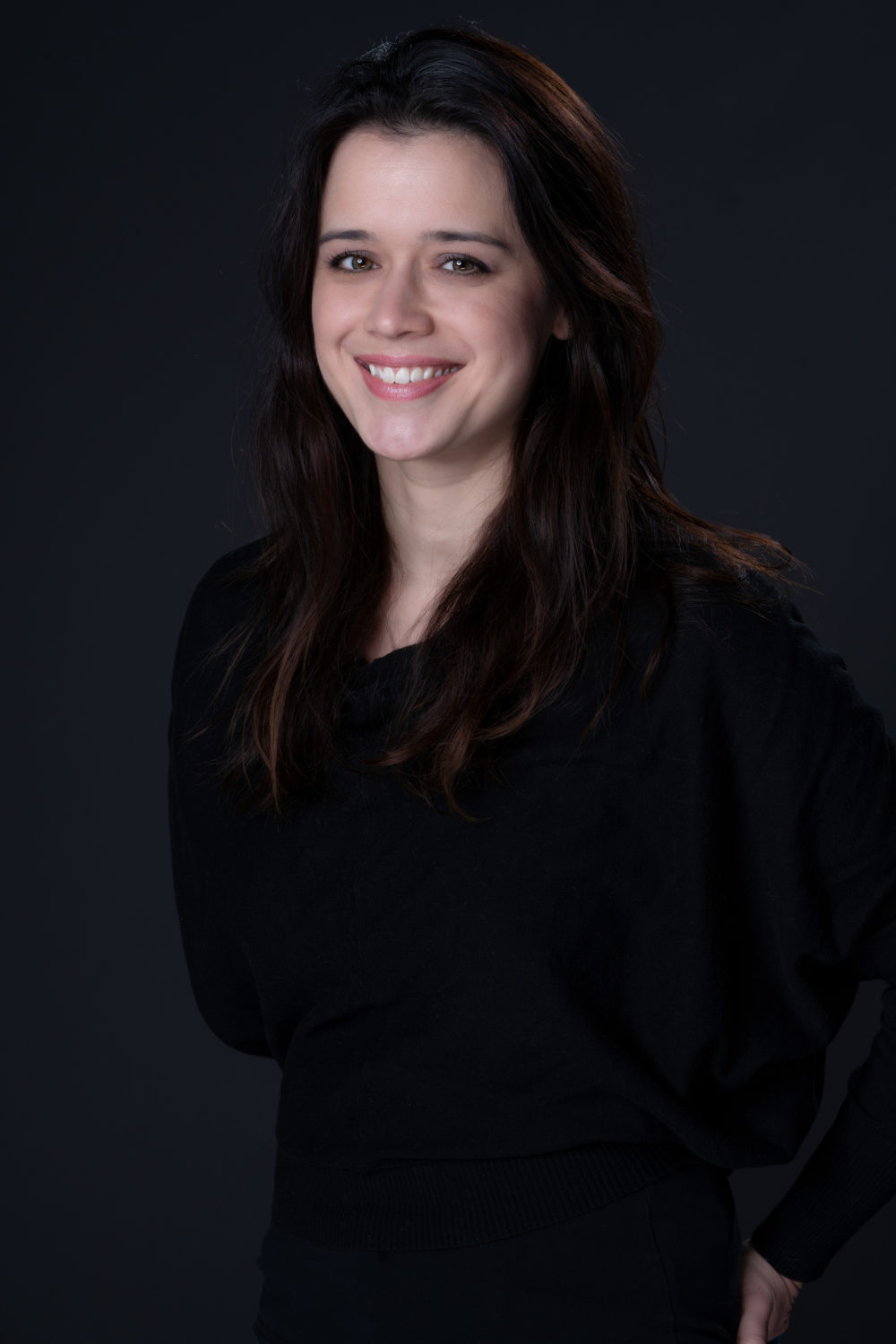
Sandra Yee Ling, QCODE (Patrick Redmond)
Yee Ling says that technology is the big difference between these podcasts and the old radio plays.
“We’re pushing the boundaries of technology and the sound effects are so realistic. It feels like a different kind of immersive, almost cinematic, in your ears kind of way. But in terms of storytelling, there are a lot of similarities. Like with War of the Worlds, you’re using the format to almost fool everybody that this could be a real radio announcement. That idea of putting the audio first is a big common thing. You’re not telling a story and it just happens to be in audio — you have to consider the tools and why it’s important to tell a story in this way. That’s the biggest similarity.”
One of QCODE’s biggest recent successes has been sci-fi musical Electric Easy, created by Vanya Asher and starring Chloe Bailey (of Chloe X Halle) and Mason Gooding.
“It was a really big production, and a learning curve for me because of the music element. On features, you have a music supervisor. If not, if it’s an indie, there are templates for all of those things. Here, it was such a learning curve in terms of what the terms are going to be, who owns what rights — how do you negotiate all of that stuff? Then at the same time working with the director around that music and how it falls in the story in a different way. I had not done a musical before do that was cool.”
There are many QCODE shows worth checking out, including Soft Voice and the gloriously ludicrous Ronsadt (which, like Electric Easy, is set on the streets of L.A.). Yee Ling speak highly of the forthcoming Cupid too.
One thing’s for sure — this form of podcast isn’t going anywhere any time soon.
The Reality of Fiction in a Podcast World: Stream Marvel Wastelanders: Wolverine, Squirrel Girl: The Unbeatable Radio Show, all of the Realm shows, and all of the QCODE shows.
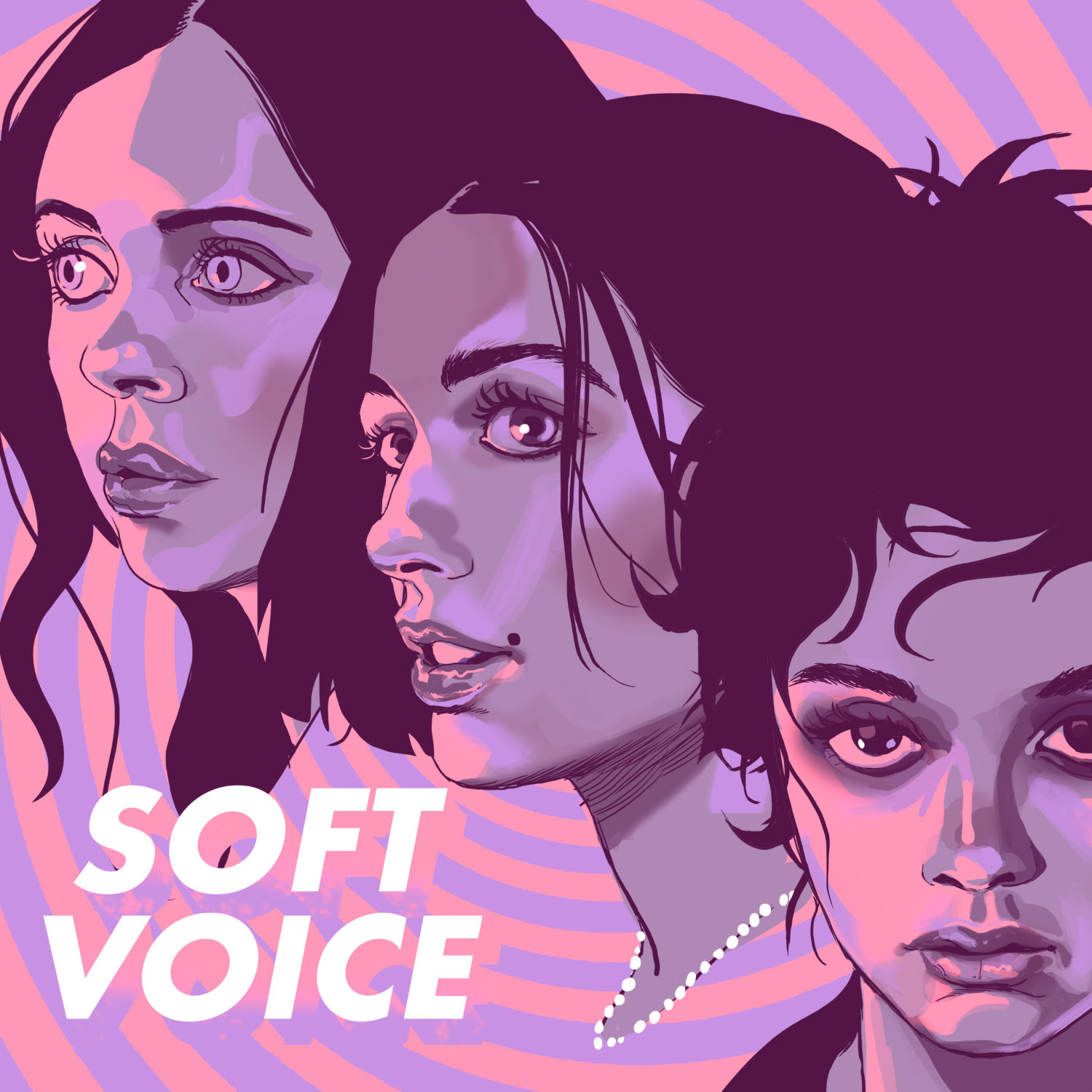
(QCODE)
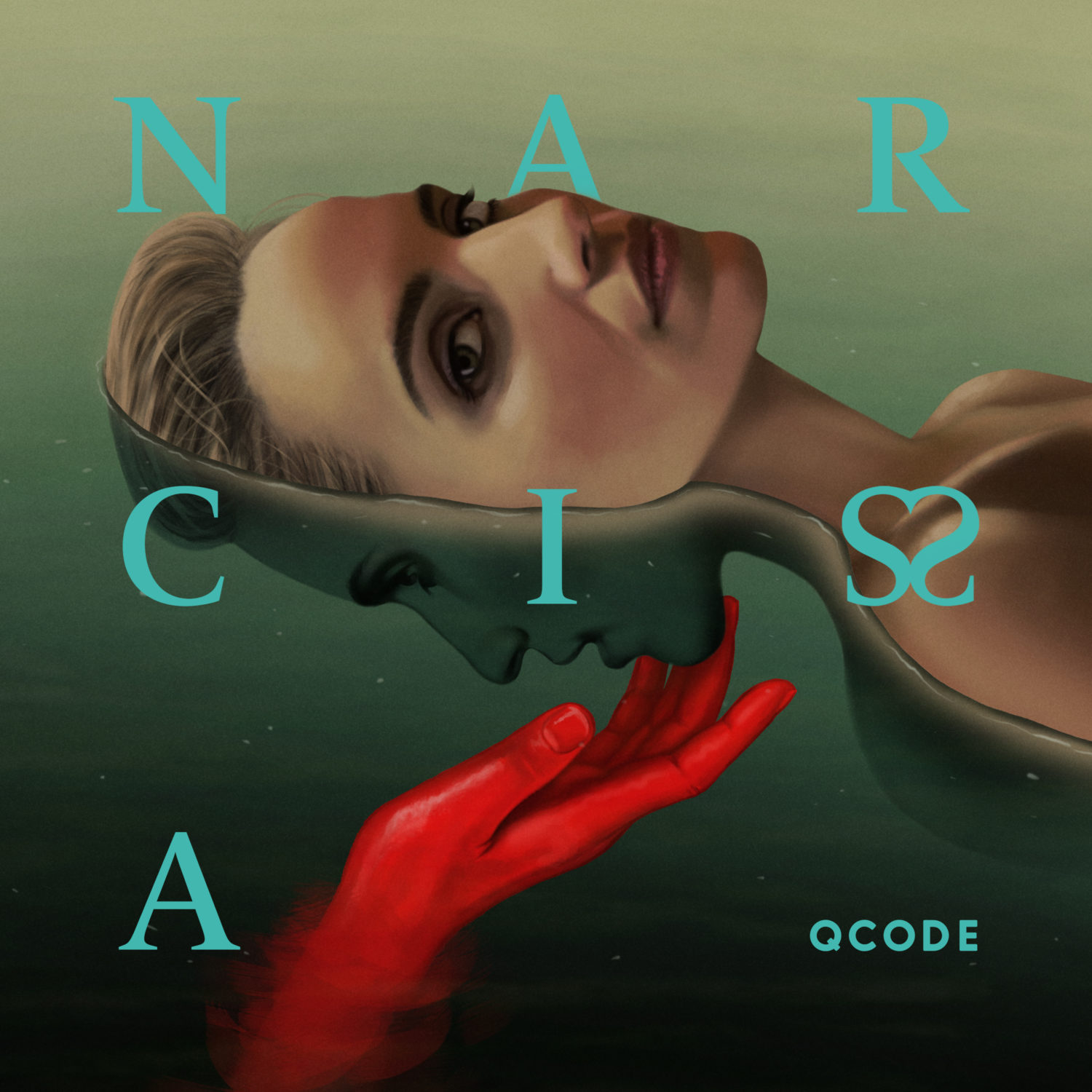



Editor’s note: The disclaimer below refers to advertising posts and does not apply to this or any other editorial stories. LA Weekly editorial does not and will not sell content.
Advertising disclosure: We may receive compensation for some of the links in our stories. Thank you for supporting LA Weekly and our advertisers.

